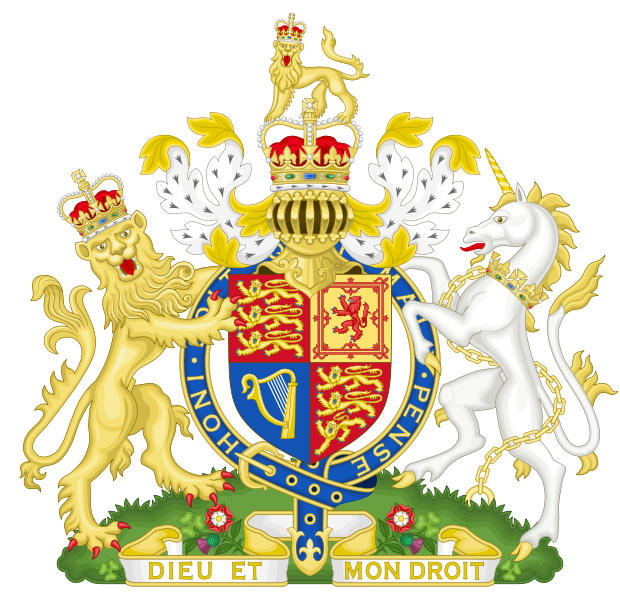
 *Track and field athletics
4x100 m Men
*Track and field athletics
4x100 m Men
 *Track and field athletics
4x400 m Men
*Track and field athletics
4x400 m Men
 Atomic bomb
Atomic bomb
 Commonwealth of Nations
Commonwealth of Nations

 Geography
Geography

 Geography
***IMF Developed countries
Geography
***IMF Developed countries
 IMF Developed countries
IMF Developed countries
 IMF Developed countries
TOP2
IMF Developed countries
TOP2
 Leichtathletik-Weltmeisterschaften
2017 London
Leichtathletik-Weltmeisterschaften
2017 London
 Leichtathletik-Weltmeisterschaften
1997 Athens
Leichtathletik-Weltmeisterschaften
1997 Athens
 Leichtathletik-Weltmeisterschaften
1991 Tokyo
Leichtathletik-Weltmeisterschaften
1991 Tokyo

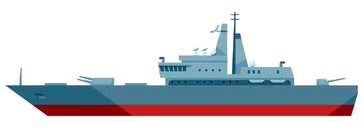
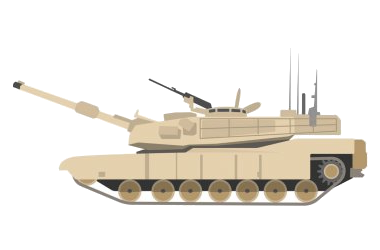
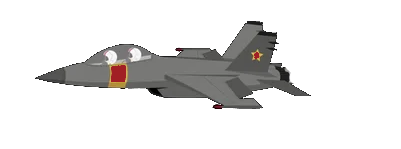
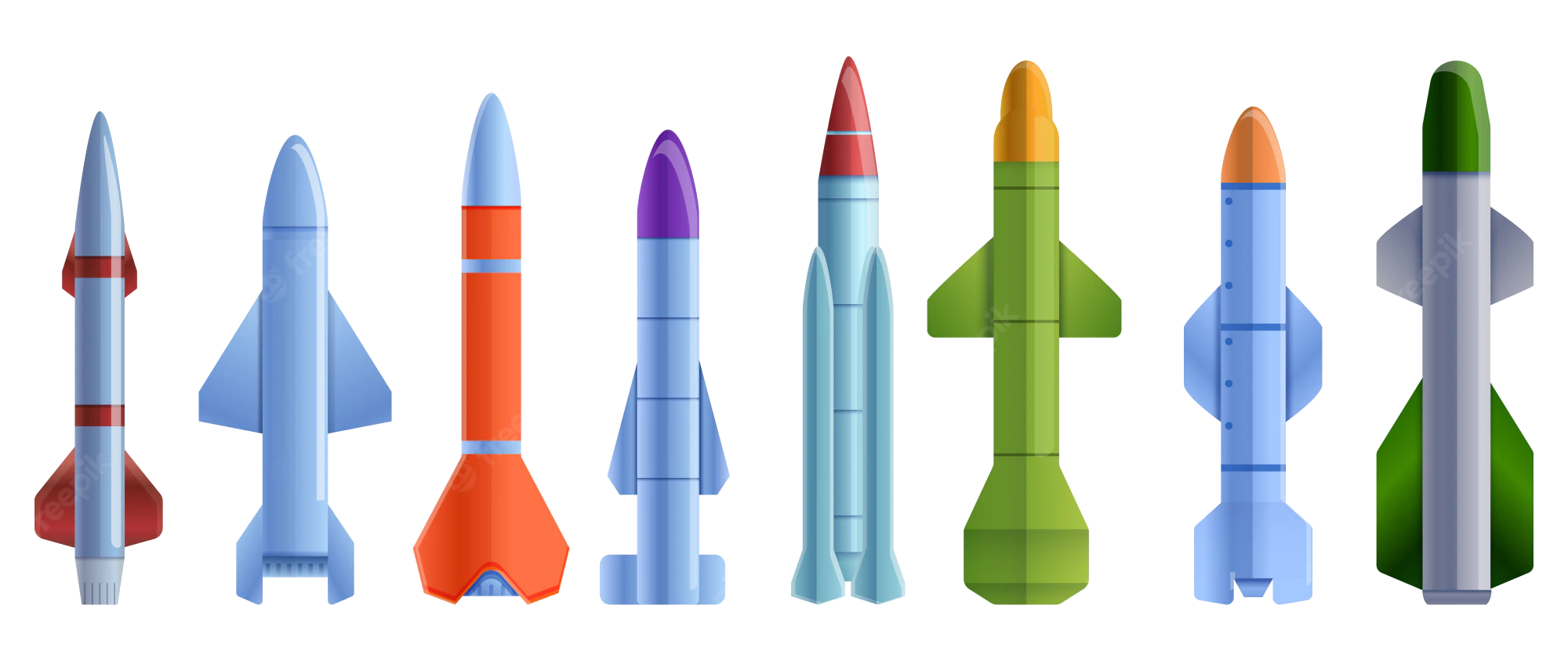 Military, defense and equipment
Nuclear Weapon
Military, defense and equipment
Nuclear Weapon

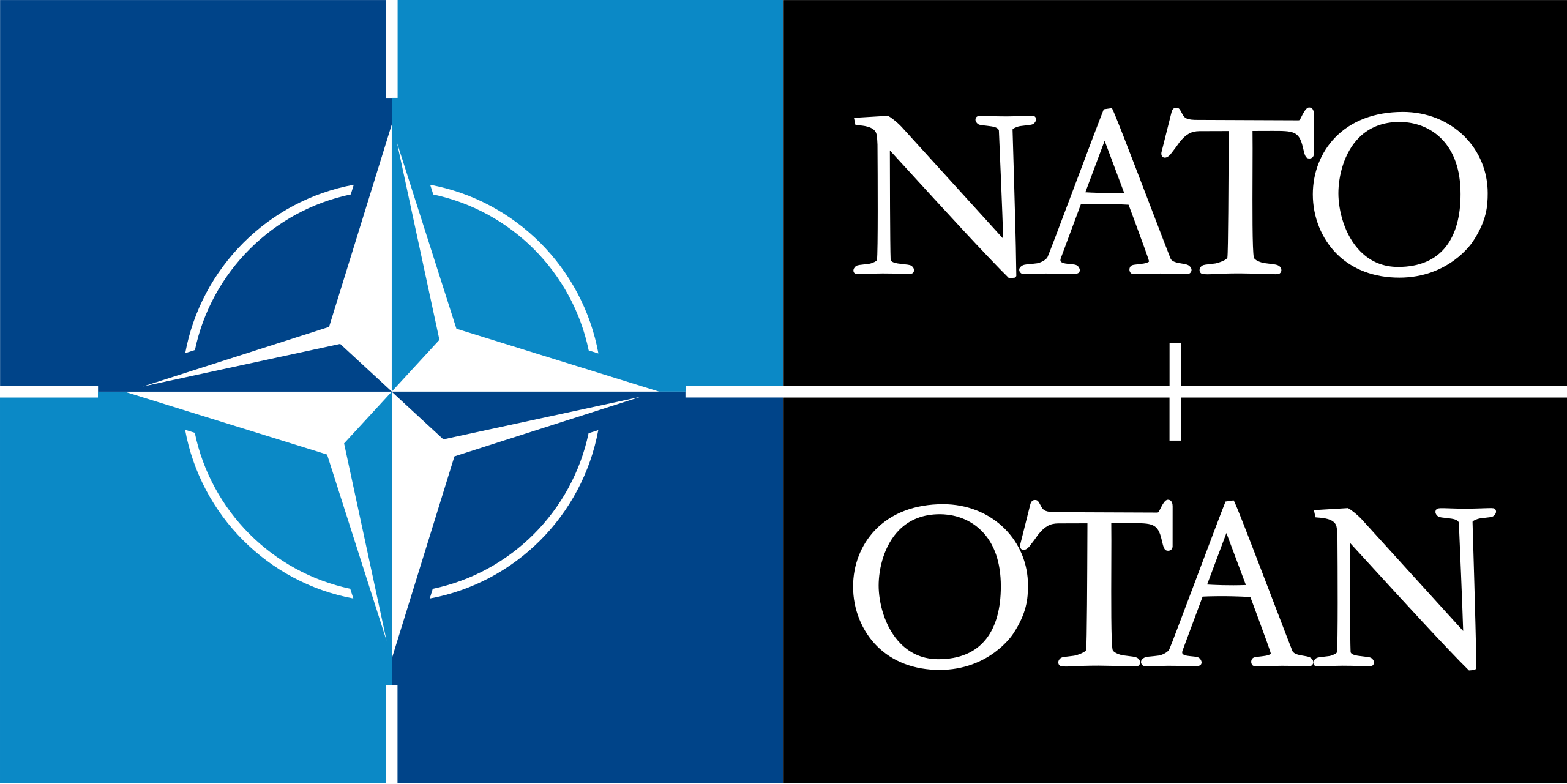 Mitglieder der NATO
Mitglieder der NATO

 Party and government
Group of the twenty most important industrial and emerging countries
Party and government
Group of the twenty most important industrial and emerging countries

 Party and government
Group of Seven,G7
Party and government
Group of Seven,G7

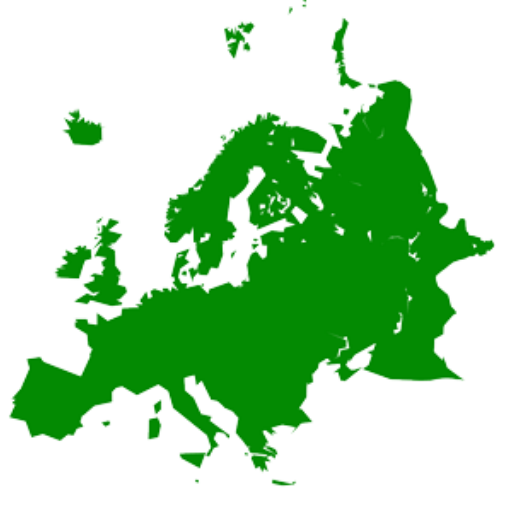 States of Europe
States of Europe

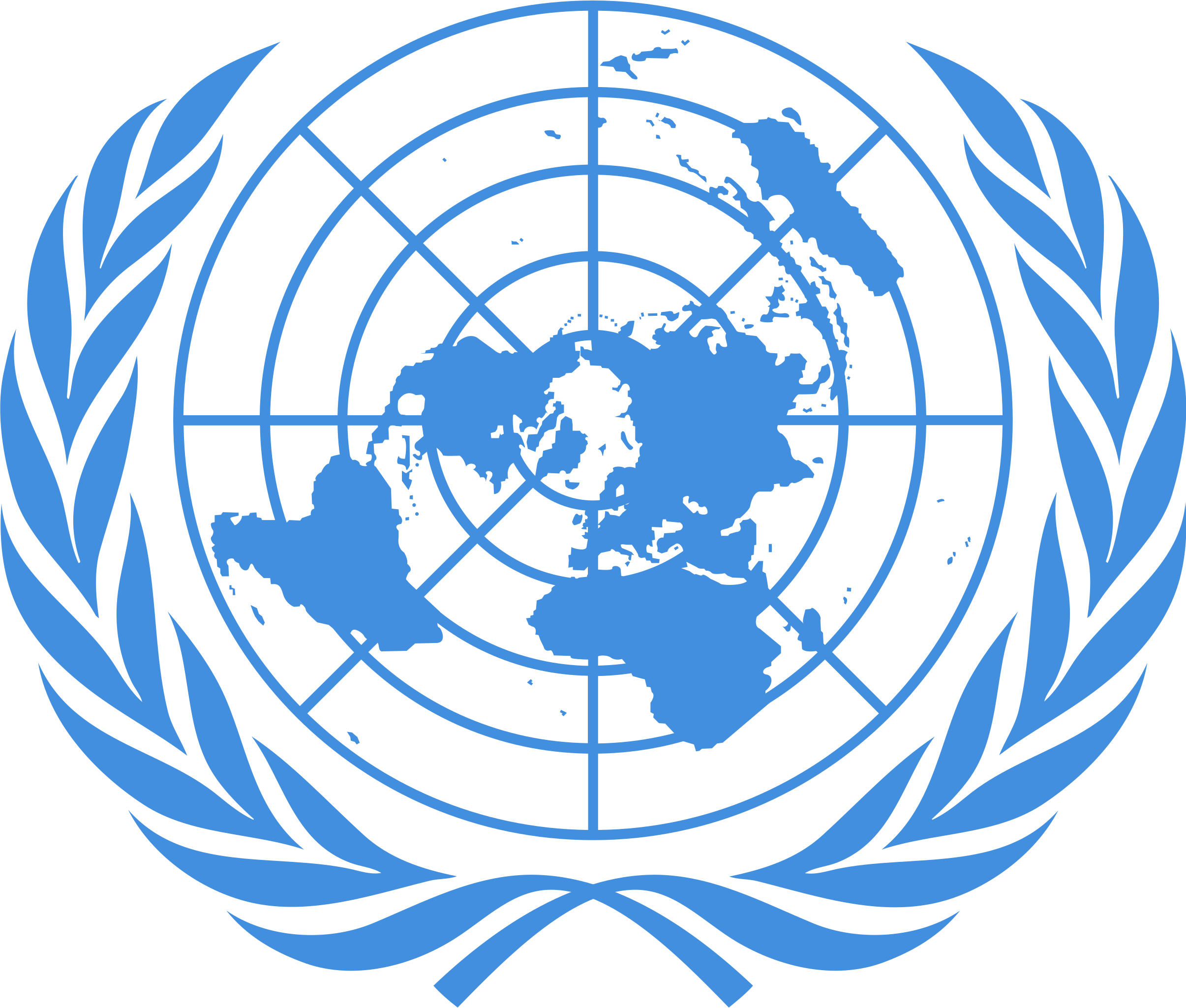 United Nations
United Nations Security Council
United Nations
United Nations Security Council
 Hydrogen bomb
Hydrogen bomb

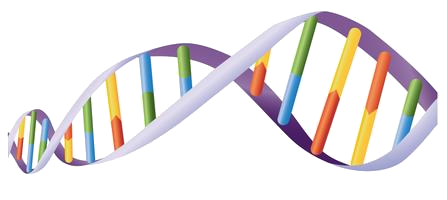 Science and technology
Science and technology

 Science and technology
The first industrial revolution and its leaders and followers
Science and technology
The first industrial revolution and its leaders and followers




大不列颠及北爱尔兰联合王国(英语:United Kingdom of Great Britain and Northern Ireland),国际间的标准简称为联合王国(英语:United Kingdom,缩写作UK)或者不列颠(英语:Britain),汉字文化圈通称“英国”[注 5][9][10](中文早期亦称“英联王国”[注 6]),是本土位于西欧并具有海外领地[注 7]的主权国家。英国位于欧洲大陆西北面,由大不列颠岛、爱尔兰岛东北部分及一系列较小岛屿组成[11]。英国和另一国家唯一的陆上国境线位于北爱尔兰,和爱尔兰共和国相邻[注 8]。英国由大西洋所环绕,东为北海,南为英吉利海峡,西南偏南为凯尔特海,与爱尔兰隔爱尔兰海相望。该国总面积达243,610平方千米(94,060平方英里),为世界面积第80大的主权国家及欧洲面积第11大的主权国家,人口约6636万,为全球第21名及欧洲第3名。
英国为君主立宪制国家,采用议会制进行管辖[12][13]。其首都伦敦为全球城市A++级别城市和国际金融中心,大都会区人口达1380万,为欧洲第三大[14]。现任英国君主为女王伊丽莎白二世,1952年2月6日即位。英国由四个构成国组成,分别为英格兰、苏格兰、威尔士和北爱尔兰[15],其中后三者在权力下放体系之下,各自拥有一定的权力[16][17][18]。三地首府分别为爱丁堡、加的夫和贝尔法斯特。附近的马恩岛、根西行政区及泽西行政区并非联合王国的一部分,而为皇家属地,英国政府负责其国防及外交事务[19]。
英国的构成国之间的关系在历史上经历了一系列的发展。英格兰王国通过1535年和1542年的联合法令将威尔士纳入领土。1707年联合法令使英格兰王国和苏格兰王国共组大不列颠王国,1801年大不列颠王国和爱尔兰王国共组大不列颠及爱尔兰联合王国。1922年爱尔兰中南部26个郡(面积占整个爱尔兰的约六分之五)脱离英国组成爱尔兰自由邦(当今爱尔兰的前身),最终造就了当今的大不列颠及北爱尔兰联合王国[注 9]。大不列颠及北爱尔兰联合王国亦有14块海外领地[20],为往日帝国的遗留部分。大英帝国在1921年达到其巅峰,拥有全球22%的领土,是有史以来面积最大的帝国。英国在语言、文化和法律体系上对其前殖民地保留了一定的影响,因而吸引许多以前英联邦的移民前来居住。
英国为发达国家,以名义GDP为量度是世界第五大经济体,以购买力平价为量度是世界第九大经济体。英国是世界首个工业化国家,工业革命使英国人的生产力大大提高,商业与财富极大的增长,更凭借著工业时代的船坚炮利,1763年—1945年英国为世界第一强国,其鼎盛时期的19世纪还被称作英国的世纪[21][22],当今英国仍是世界强国之一,在经济、文化、军事、科技、教育和政治上均有全球性的显著影响力[23][24]。英国为国际公认的有核国家,其军事开支位列全球第五[25][26]。1945年以来英国即为联合国安全理事会常任理事国。1973年—2020年英国是欧洲联盟(EU)及其前身欧洲经济共同体(EEC)的成员国。英国还是英联邦、欧洲委员会、七国财长峰会、七国集团、二十国集团、北大西洋公约组织、经济合作与发展组织和世界贸易组织成员国。
Das Vereinigte Königreich von Großbritannien und Nordirland (englisch ), kurz Vereinigtes Königreich (englisch [juːˌnaɪ̯.tʰɪd ˈkʰɪŋ.dəm], internationale Abkürzung: UK oder GB), ist ein auf den Britischen Inseln vor der Nordwestküste Kontinentaleuropas gelegener europäischer Staat und bildet den größten Inselstaat Europas.
Das Vereinigte Königreich ist eine Union aus den vier Landesteilen England, Wales, Schottland und Nordirland. Im täglichen Sprachgebrauch wird es auch schlicht als Großbritannien oder England bezeichnet. Jedoch stellt England in der eigentlichen Bedeutung nur den größten Landesteil dar, während Großbritannien die Hauptinsel der Britischen Inseln mit den Landesteilen England, Schottland und Wales bezeichnet.
グレートブリテン及び北アイルランド連合王国(グレートブリテンおよびきたアイルランドれんごうおうこく、英: United Kingdom of Great Britain and Northern Ireland: UK)は、ヨーロッパ大陸の北西岸に位置し、グレートブリテン島・アイルランド島北東部・その他多くの島々から成る立憲君主制国家。首都はロンドン。日本語における通称の一例としてイギリス、英国(えいこく)がある(→#国名)。
イングランド、ウェールズ、スコットランド、北アイルランドという歴史的経緯に基づく4つの「カントリー(国)」が、同君連合型の単一の主権国家を形成している[1]。しかし、政治制度上は単一国家の代表的なモデルであり、連邦国家ではない。
国際連合安全保障理事会常任理事国の一国(五大国)であり、G7・G20に参加する。GDPは世界10位以内に位置する巨大な市場を持ち、ヨーロッパにおける四つの大国「ビッグ4」の一国である。ウィーン体制が成立した1815年以来、世界で最も影響力のある国家を指す列強の一つに数えられる。また、民主主義、立憲君主制など近代国家の基本的な諸制度が発祥した国でもある。
イギリスの擬人化としてはジョン・ブル、ブリタニアが知られる。
The United Kingdom of Great Britain and Northern Ireland, commonly known as the United Kingdom (UK or U.K.)[14] or Britain,[note 10] is a sovereign country located off the northwestern coast of the European mainland. The United Kingdom includes the island of Great Britain, the northeastern part of the island of Ireland, and many smaller islands.[15] Northern Ireland shares a land border with the Republic of Ireland. Otherwise, the United Kingdom is surrounded by the Atlantic Ocean, with the North Sea to the east, the English Channel to the south and the Celtic Sea to the southwest, giving it the 12th-longest coastline in the world. The Irish Sea separates Great Britain and Ireland. The total area of the United Kingdom is 94,000 square miles (240,000 km2).
The United Kingdom is a unitary parliamentary democracy and constitutional monarchy.[note 11][16][17] The monarch is Queen Elizabeth II, who has reigned since 1952, making her the world's longest-serving current head of state.[18] The United Kingdom's capital is London, a global city and financial centre with an urban area population of 10.3 million.[19]
The United Kingdom consists of four countries: England, Scotland, Wales and Northern Ireland.[20] Their capitals are London, Edinburgh, Cardiff and Belfast, respectively. Apart from England, the countries have their own devolved governments,[21] each with varying powers.[22][23] Other major cities include Birmingham, Glasgow, Leeds, Liverpool, and Manchester.
The nearby Isle of Man, Bailiwick of Guernsey and Bailiwick of Jersey are not part of the UK, being Crown dependencies with the British Government responsible for defence and international representation.[24] The medieval conquest and subsequent annexation of Wales by the Kingdom of England, followed by the union between England and Scotland in 1707 to form the Kingdom of Great Britain, and the union in 1801 of Great Britain with the Kingdom of Ireland created the United Kingdom of Great Britain and Ireland. Five-sixths of Ireland seceded from the UK in 1922, leaving the present formulation of the United Kingdom of Great Britain and Northern Ireland. The UK's name was adopted in 1927 to reflect the change.[note 12] There are fourteen British Overseas Territories,[25] the remnants of the British Empire which, at its height in the 1920s, encompassed almost a quarter of the world's landmass and was the largest empire in history. British influence can be observed in the language, culture and political systems of many of its former colonies.[26][27][28][29][30] The United Kingdom has the world's sixth-largest economy by nominal gross domestic product (GDP), and the ninth-largest by purchasing power parity (PPP). It has a high-income economy and a very high human development index rating, ranking 14th in the world. It was the world's first industrialised country and the world's foremost power during the 19th and early 20th centuries.[31][32] The UK remains a great power, with considerable economic, cultural, military, scientific and political influence internationally.[33][34] It is a recognised nuclear weapons state and is sixth in military expenditure in the world.[35] It has been a permanent member of the United Nations Security Council since its first session in 1946.
The United Kingdom is a leading member of the Commonwealth of Nations, the Council of Europe, the G7, the G20, NATO, the Organisation for Economic Co-operation and Development (OECD), Interpol and the World Trade Organization (WTO). It was a member of the European Union (EU) and its predecessor, the European Economic Community (EEC), for 47 years, between 1 January 1973 and withdrawal on 31 January 2020.
Le Royaume-Uni (prononcé en français : /ʁwajom‿yni/a Écouter), en forme longue le Royaume-Uni de Grande-Bretagne et d'Irlande du Nordb (en anglais : United Kingdom /juːˌnaɪtɪd ˈkɪŋdəm/c Écouter et United Kingdom of Great Britain and Northern Ireland)d, est un pays d'Europe de l'Ouest, ou selon certaines définitions, d'Europe du Nord, dont le territoire comprend l'île de Grande-Bretagne et la partie nord de l'île d'Irlande, ainsi que de nombreuses petites îles autour de l'archipel. Le territoire du Royaume-Uni partage une frontière terrestre avec la république d'Irlande, et est entouré par l'océan Atlantique au nord, la mer du Nord à l'est, la Manche au sud, la mer Celtique au sud-sud-ouest, la mer d'Irlande au sud-ouest et les mers intérieures de la côte ouest de l'Écosse au nord-ouest. Le Royaume-Uni couvre une superficie de 246 690 km2, faisant de lui le 80e plus grand pays du monde, et le 11e d'Europe. Il est le 22e pays plus peuplé du monde, avec une population estimée à 65,1 millions d'habitants. Le Royaume-Uni est une monarchie constitutionnelle7 ; il possède un système parlementaire de gouvernance8,3. Sa capitale est Londres, une ville mondiale et la première place financière au monde.
Le Royaume-Uni est composé de quatre nations constitutives : l'Angleterre, l'Écosse, le pays de Galles et l'Irlande du Nord. Les trois dernières ont des administrations dévolues9, chacune avec des pouvoirs variés10, basés dans leurs capitales régionales, respectivement Édimbourg, Cardiff et Belfast. Les bailliages de Guernesey, de Jersey et l'île de Man sont des dépendances de la Couronne et ne sont donc pas rattachés au pays11. De plus, le pays comprend quatorze territoires d'outre-mer12, disséminés sur plusieurs océans. Le Royaume-Uni est né en 1707, lorsque les royaumes d'Angleterre et d'Écosse s'unifièrent pour former le royaume de Grande-Bretagne, qui s'agrandit en 1801 en s'unifiant avec le royaume d'Irlande pour former le Royaume-Uni de Grande-Bretagne et d'Irlande. En 1922, l'Irlande du Sud fit sécession du Royaume-Uni, donnant naissance à l'État d'Irlande, amenant au nom officiel et actuel de « Royaume-Uni de Grande-Bretagne et d'Irlande du Nord ». Les territoires d'outre-mer, anciennement des colonies, sont les vestiges de l'Empire britannique, qui, jusqu'à la seconde moitié du XXe siècle, était le plus vaste empire colonial de l'histoire.
L'influence britannique peut être observée dans la langue, la culture, le système politique et juridique des anciennes colonies. Le Royaume-Uni est un pays développé. Il est en 2018 la cinquième puissance mondiale par son PIB nominal13 et la neuvième puissance en termes de PIB à parité de pouvoir d'achat. Berceau de la révolution industrielle, le pays fut la première puissance mondiale durant la majeure partie du XIXe siècle14,15. Le Royaume-Uni reste une grande puissance, avec une influence internationale considérable sur le plan économique, politique, culturel, militaire et scientifique16,17. Il est également une puissance nucléaire reconnue avec le sixième budget de la défense le plus élevé18. Le Royaume-Uni est membre du Commonwealth, du Conseil de l'Europe, du G7, du G20, de l'OTAN, de l'OCDE, de l'OMC, et membre permanent du Conseil de sécurité des Nations unies depuis 1946. Le Royaume-Uni a adhéré le 1er janvier 1973 à la CEE, devenue Union Européenne, puis en est sorti le 1er février 2020 à la suite de la victoire du « leave » lors du référendum du 23 juin 2016.
Il Regno Unito, ufficialmente Regno Unito di Gran Bretagna e Irlanda del Nord (in inglese: United Kingdom of Great Britain and Northern Ireland; abbreviato in UK, /juːkeɪ/), è uno Stato insulare dell'Europa occidentale con una popolazione di circa 64,5 milioni di abitanti. Il Regno Unito di Gran Bretagna e Irlanda nacque con l'Atto di Unione del 1800 che univa il Regno di Gran Bretagna e il Regno d'Irlanda. Gran parte dell'Irlanda si separò poi nel 1922 costituendo lo Stato Libero d'Irlanda (l'attuale Repubblica d'Irlanda).
Stato unitario, attualmente composto da quattro nazioni costitutive (Home Nations): Inghilterra, Scozia, Galles e Irlanda del Nord.[7][8], è governato da un sistema parlamentare, con capitale e sede del governo Londra. Spesso viene impropriamente chiamato Gran Bretagna o Inghilterra, quando in realtà con il termine Gran Bretagna si indica un territorio geografico (l'isola maggiore) e con il termine Inghilterra si indica solo una delle quattro nazioni che compongono il regno.[8]
Situato al largo delle coste occidentali dell'Europa settentrionale circondato a est dal mare del Nord, a sud dal Canale della Manica e ad ovest dall'oceano Atlantico e dal mare d'Irlanda, le Isole del Canale e l'Isola di Man sono dipendenze della Corona britannica, ma non fanno parte del Regno Unito.[9]. La Gran Bretagna è l'isola comprendente la maggior parte del territorio dell'Inghilterra, del Galles e della Scozia. Le isole britanniche invece sono l'arcipelago comprendente la Gran Bretagna, l'Irlanda, l'Isola di Man, l'Isola di Wight, le isole Orcadi, le isole Ebridi, le isole Shetland, le Isole del Canale e altre isole minori.
Si compone anche di quattordici territori d'oltremare che costituiscono i resti dell'Impero britannico, quali Anguilla, Bermuda, il Territorio Antartico Britannico, il Territorio britannico dell'Oceano Indiano, le Isole Vergini britanniche, le Isole Cayman, le Isole Falkland, Gibilterra, Montserrat, le Isole Pitcairn, Sant'Elena, Ascensione e Tristan da Cunha, Georgia del Sud e Isole Sandwich Meridionali, Akrotiri e Dhekelia e Turks e Caicos. Il Regno Unito è una monarchia parlamentare e la regina Elisabetta II è anche il capo di Stato di 16 paesi membri del Commonwealth delle nazioni (cui il Regno Unito aderisce dal 1931), detti reami del Commonwealth (tra i quali il Canada, l'Australia, la Nuova Zelanda e la Giamaica).
È stato il primo Stato del mondo ad essere industrializzato,[10] e ha costituito storicamente (dagli inizi del XVIII secolo) il modello di democrazia parlamentare moderna al quale si sono poi rifatti quelli delle altre nascenti democrazie europee occidentali. Fu una potenza di prim'ordine, soprattutto durante il XVIII, il XIX e gli inizi del XX secolo,[11] ma il costo economico delle due guerre mondiali e il declino del suo grande impero coloniale, nella seconda metà del XX secolo, segnarono un chiaro ridimensionamento della sua influenza nel mondo. Malgrado ciò, e in virtù della tenacia con la quale combatté nella Seconda guerra mondiale sino alla vittoria contro le potenze dell'Asse, cosa che gli valse l'attribuzione del seggio permanente con diritto di veto nel Consiglio di sicurezza delle Nazioni Unite, esso continua ad esercitare, a livello internazionale, una considerevole influenza in campo politico e militare oltre che scientifico e finanziario.
Con un PIL nominale stimato sui 3000 miliardi di dollari secondo il Fondo monetario internazionale, è la quinta potenza economica mondiale, dopo Stati Uniti, Cina, Giappone, e Germania, e la seconda in Europa (dopo la Germania).[5] Il Regno Unito è uno stato con uno degli indici di sviluppo umano più elevati del mondo. È membro fondatore dell'ONU e della NATO e membro del G8 e del G7. Il Regno Unito è stato inoltre membro dell'Unione europea dal 1º gennaio 1973 al 31 gennaio 2020, ma non ha mai fatto parte dell'unione economica e monetaria dell'Unione europea, ossia non ha mai adottato la moneta unica, l'euro.
El Reino Unido (en inglés, United Kingdom),nota 1 oficialmente el Reino Unido de Gran Bretaña e Irlanda del Norte (en inglés, United Kingdom of Great Britain and Northern Ireland),nota 2 o de forma abreviada RU (en inglés, UK) es un país soberano e insular ubicado al noroeste de la Europa Continental. Su territorio está formado geográficamente por la isla de Gran Bretaña, el noreste de la isla de Irlanda y pequeñas islas adyacentes. Desde la independencia de la República de Irlanda, Irlanda del Norte ha sido la única parte del país con una frontera terrestre, hasta la inauguración del Eurotúnel que une por tierra a la isla de Gran Bretaña con Francia y las tierras continentales europeas. Gran Bretaña limita al norte y al oeste con el océano Atlántico, al este con el mar del Norte, al sur con el canal de la Mancha y al oeste con el mar de Irlanda.
El Reino Unido es un Estado unitario comprendido por cuatro naciones constitutivas: Escocia, Gales, Inglaterra e Irlanda del Norte.8 Es gobernado mediante un sistema parlamentario con sede de gobierno y capitalidad en Londres, pero con tres administraciones nacionales descentralizadas en Edimburgo, Cardiff y Belfast, las capitales de Escocia, Gales e Irlanda del Norte, respectivamente. Es una monarquía parlamentaria, siendo Isabel II la jefa de Estado. Coloquial y erróneamente se denomina Gran Bretaña e Inglaterra, consecuencia del mayor peso de ambos (territorio y reino respectivamente) dentro del Estado. Las dependencias de la Corona de las islas del Canal —Jersey y Guernsey— y la Isla de Man no forman parte del Reino Unido, si bien el Gobierno británico es responsable de su defensa y las relaciones internacionales.9
El Reino Unido tiene catorce territorios de ultramar, todos ellos vestigios de lo que fue el Imperio británico, que en su territorio internacional llegó a alcanzar y a abarcar cerca de una quinta parte de la superficie terrestre mundial. Isabel II continúa estando a la cabeza de la Mancomunidad de Naciones y siendo jefe de Estado de cada uno de los Reinos de la Mancomunidad.
Es un país desarrollado que por su volumen neto de producto interno bruto es la quinta economía mundial. Fue el primer país industrializado del mundo10 y la principal potencia mundial durante el siglo XIX y el comienzo del siglo XX11 (1815-1945), pero el costo económico de las dos guerras mundiales y el declive de su imperio en la segunda parte del siglo XX disminuyeron su papel en las relaciones internacionales. Sin embargo, aún mantiene una significativa influencia económica, cultural, militar y política, y es una potencia nuclear. Fue miembro de la Unión Europea entre 1973 y 2020.nota 3 Es uno de los cinco miembros permanentes del Consejo de Seguridad de Naciones Unidas con derecho a veto, miembro del G7, el G-20, la OTAN, la OCDE, la UKUSA, la Mancomunidad de Naciones y la Common Travel Area.
Великобрита́ния (русское название происходит от англ. Great Britain [ˌɡreɪt ˈbrɪtn]), или Соединённое Короле́вство (United Kingdom [jʊnaɪtɪd kɪŋdəm], сокращённо: UK)[5], полная официальная форма — Соединённое Королевство Великобрита́нии и Се́верной Ирла́ндии[5][1] (англ. The United Kingdom of Great Britain and Northern Ireland), — островное государство на северо-западе от континентальной Европы[6][5].
Единое Королевство Великобритания образовалось в 1707 году вследствие политического объединения королевств Шотландии и Англии; но ещё ранее, в 1603 году, король Шотландии Яков VI унаследовал престолы Англии и Ирландии в порядке личной унии (Яков I). В 1800 году Королевство Великобритания и Королевство Ирландия объединились, образовав Соединённое Королевство Великобритании и Ирландии, которое после отделения от него в 1922 году Ирландского Свободного государства стало именоваться Соединённым Королевством Великобритании и Северной Ирландии.
Великобритания — одно из крупнейших государств Европы, ядерная держава с 1952 года (признанная в соответствии с Договором о нераспространении ядерного оружия 1968 года), постоянный член Совета Безопасности ООН, бывшая метрополия Британской империи; британский монарх также является главой 15 иных независимых государств и главой Содружества.
Бывший центр мировой империи, Великобритания и сейчас играет важную роль в международных делах. Английский язык стал вторым языком во многих странах мира; он преобладает в интернете и других международных средствах связи. Экономика Великобритании — девятая в мире по уровню развития; военный бюджет страны — один из самых высоких в мире.
Форма правления — парламентарная монархия. Форма государственного устройства — квази-унитарное государство, где с конца XX века три из четырёх составляющих стран (Шотландия, Северная Ирландия, Уэльс) обладают правами ограниченной автономии.
Столица — город Лондон, один из крупнейших городов Европы и финансово-экономических центров мира.
Официальные языки: по всей стране — английский; также официально признаны валлийский в Уэльсе; гэльский (шотландский кельтский) и скотс (шотландский германский) в Шотландии; корнский в Корнуолле (Англия); ирландский в Северной Ирландии.

